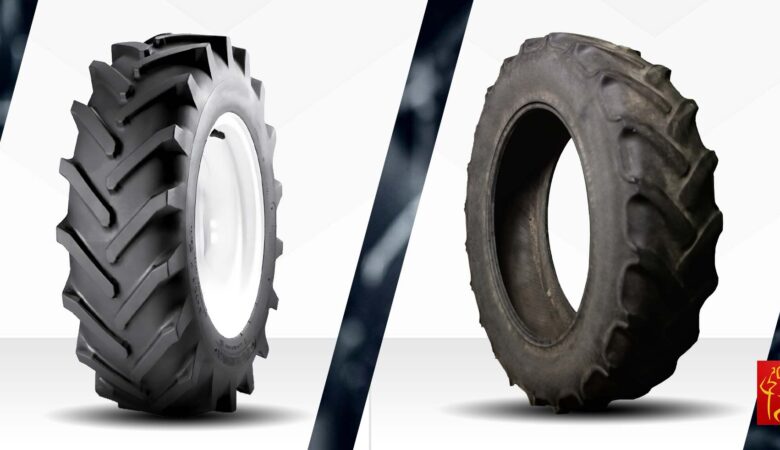Hay stored by growers this winter will be used to feed both cattle and horses alike. Often times, discussions surrounding hay moisture levels are focused squarely on cattle and their needs. And yet horses are also affected by moisture levels. Suffice it to say that horse owners are picky about the hay they purchase.

[A] Factors Affect the Horses for Stored Hay
Numerous factors ranging from moisture levels to storage practices can affect the quality, nutritional value, and safety of stored hay. Where horses are concerned, there are a number of molds that can be problematic. Here is just a short sampling of four of them
1. Aspergillus
A health condition associated with this kind of mold can be quite harmful to older horses, younger horses, and animals with compromised immune systems. The spores of the aspergillus mold get into the lungs before spreading to other parts of the body. They can affect the heart, kidneys, blood, skin, and eyes.
2. Fusarium
The fusarium mold can cause respiratory distress and colic. More importantly, the mold can produce mycotoxins that could present acute problems for horses. This is a mold that horse owners definitely want to avoid.
3. Penicillium
The penicillium mold is the same mold from which we derive penicillin. It is also what produces blue cheese. Unfortunately, the mycotoxins it produces can be very problematic for horses. They can cause allergic reactions including irritation to the lungs, skin, and digestive tract.
4. Rhizopus
This mold is actually pretty common. It is responsible for bread mold, among other things. It can cause respiratory and digestive tract infections in horses.
[B] Preventing Mold Growth in Hay
The best way to stop mold from growing in hay stores is to control both moisture and storage environments. We will begin with moisture levels. Experts recommend that hay intended for horses be harvested somewhere between 12% and 14%. Slightly lower is okay too. Once harvested, growers should be using electronic moisture testers to check on moisture levels on a regular basis.

Properly stored hay is easier to handle in terms of maintaining moisture levels. Hay should be stored in a dry, well ventilated area with plenty of room between bales for air to circulate. Bales should be kept away from direct contact with the ground. Mytee Products offers a number of effective storage solutions ranging from hay tarps to temporary storage structures.
[C] Inspecting Hay Moisture Prior to Feeding
Growers can do all the right things to guarantee good moisture levels and proper hay storage and yet still have trouble. Buyers can cause their own troubles by not storing hay properly. In either case, experts recommend that horse owners thoroughly inspect hay before feeding it to their animals.
Owners should be breaking open baled hay and checking for mold growth inside. It is possible for bales to look completely fine on the outside but still be riddled with mold internally. They should also be smelling their hay prior to feeding. Odors can go a long way toward determining whether mold is present or not.
Hay that does not smell right is probably suspect. Experts recommend paying attention to a dusty or musty smell. Any such smell is sufficient evidence to suggest that hay could make a horse sick.
Conclusion
It is that time of year again when horse owners start looking for the hay that will feed their animals through spring. Smart growers will protect both their sales and their crops by maintaining proper moisture levels and in adhering to solid hay storage practices. If you are a grower in need of a moisture tester or storage solutions, Mytee Products has what you need.













